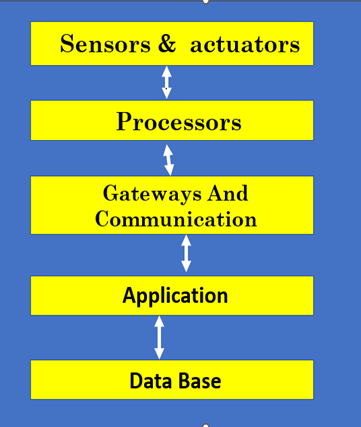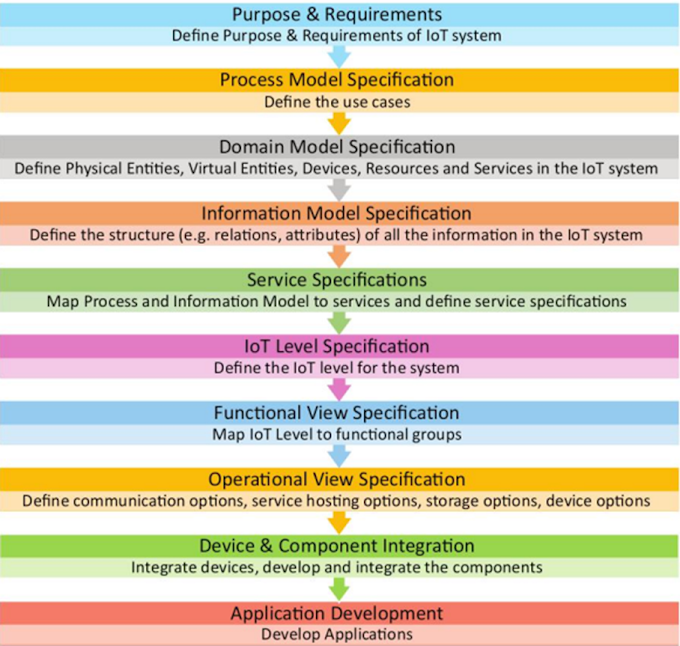Case Study on Infrastructure as a Service (IaaS) Using Eucalyptus
Introduction
A case study of deploying a private cloud using Eucalyptus, an open-source Infrastructure as a Service (IaaS) platform, to illustrate its application in cloud computing.
Eucalyptus, which stands for Elastic Utility Computing Architecture for Linking Your Programs to Useful Systems, enables organizations to build AWS-compatible private and hybrid clouds.
---------------------------
Case Study: SecureBio Labs
Organization Overview
- Entity:
SecureBio Labs, a medium-sized bioinformatics research institute.
- Industry:
Research, handling sensitive genomic data.
- Size:
~100 researchers, with existing x86 server infrastructure.
- IT
Context: Static compute clusters with low resource utilization and
limited scalability.
Challenges and Needs
SecureBio Labs faced several IT challenges:
- Data
Sensitivity & Compliance: Strict regulations (e.g., HIPAA, GDPR
equivalents) required genomic data to remain on-premises.
- Compute-Intensive
Workloads: Researchers needed scalable, on-demand compute resources
for bioinformatics analysis.
- Cost
Management: Public cloud costs for long-running, compute-intensive
tasks were prohibitive.
- Familiarity
with AWS Tools: Researchers were skilled in AWS APIs (EC2, S3) and
preferred similar tools for on-premises use.
- Resource
Utilization: Existing hardware was underutilized due to static
allocation.
Eucalyptus as an IaaS Platform
SecureBio Labs deployed a private cloud using Eucalyptus to
provide IaaS, enabling self-service provisioning of virtual machines (VMs),
storage, and networking resources.
Eucalyptus features
- AWS
Compatibility: 100% API compatibility with AWS (EC2, S3, IAM, EBS) for
seamless tool usage and potential hybrid cloud integration.
- Open-Source:
Cost-effective, no proprietary software licensing.
- Hardware
Utilization: Runs on existing commodity servers.
- Control
& Security: Keeps sensitive data within the organization’s
infrastructure.
Eucalyptus Architecture and Components
The deployment utilized Eucalyptus’s modular components:
- Cloud
Controller (CLC): Centralized management interface for user
authentication, resource scheduling, and EC2-compatible APIs.
- Walrus:
S3-compatible object storage for storing Eucalyptus Machine Images (EMIs)
and genomic datasets.
- Cluster
Controller (CC): Manages VM deployment and resource allocation within
a cluster.
- Node
Controller (NC): Runs on physical servers, hosting VMs using KVM
hypervisor.
- Storage
Controller (SC): Provides EBS-like block storage for persistent data
needs.
- Networking:
Managed Mode for virtual networks, security groups, and elastic IP
allocation.
Implementation Process
- Setup
and Deployment:
- Installed
Eucalyptus on a cluster of Linux-based servers (CentOS 7.9) using KVM.
- Used
the Eucalyptus installation script: python <(curl -Ls
https://eucalyptus.cloud/images)>.
- Configured
CLC, Walrus, CC, SC, and NC across the server cluster.
- Image
Management:
- Created
EMIs with pre-installed bioinformatics tools (e.g., BLAST, Python
libraries) and uploaded them to Walrus.
- Instance
Management:
- Researchers
launched VMs via the Eucalyptus User Console or AWS-compatible CLI tools
(euca2ools).
- Networking
and Security:
- Configured
Managed Mode networking for secure instance communication and security
groups for access control.
- Integrated
with LDAP for user authentication and IAM for permission management.
- Auto-Scaling
and Load Balancing:
- Enabled
auto-scaling to handle variable compute demands during research peaks.
- Used
load balancing to distribute workloads across instances.
- Monitoring:
- Implemented
CloudWatch-compatible monitoring for performance tracking.
- Created
EBS volume snapshots for data backups.
Benefits Achieved
- Compliance
and Security: Sensitive genomic data remained on-premises, meeting
regulatory requirements.
- Scalability:
Auto-scaling and load balancing supported dynamic research workloads.
- Cost
Efficiency: Leveraged existing hardware, reducing public cloud costs
for baseline workloads.
- Improved
Resource Utilization: Virtualization optimized server usage.
- Developer
Productivity: AWS-compatible APIs allowed researchers to use familiar
tools (e.g., Boto, euca2ools), minimizing the learning curve.
- Hybrid
Cloud Readiness: AWS compatibility enabled potential workload
migration to AWS for non-sensitive tasks.
Challenges and Mitigations
- Setup
Complexity: Mitigated by using Eucalyptus documentation and community
support.
- Limited
Community Support: Addressed by training internal IT staff and
leveraging AWS-compatible expertise.
- Performance
Overhead: Minimal virtualization overhead managed by optimizing
hardware configurations.
- Maintenance
Concerns: Post-2017, Eucalyptus development shifted to AppScale
Systems, but AWS compatibility ensured tool availability.
Outcomes
- Deployment
Success: SecureBio Labs deployed a private cloud hosting 50+ VM
instances for research.
- Cost
Savings: Reduced public cloud costs by 60% for steady-state workloads.
- Research
Agility: Researchers provisioned VMs in minutes, speeding up analysis
cycles.
- Data
Security: Achieved full compliance with on-premises data control.
- Performance
Gains: Eucalyptus improved workload scheduling efficiency by ~2.6%
compared to traditional methods.
Broader Context: Eucalyptus in IaaS
- Use
Cases: Ideal for development/testing, research, and compliance-driven
workloads.
- Advantages:
AWS compatibility, cost efficiency, open-source flexibility, and hybrid
cloud support.
- Limitations:
Smaller community compared to OpenStack, potential maintenance challenges
post-HPE acquisition.
Conclusion
This case study of SecureBio Labs demonstrates how Eucalyptus enables organizations to build secure, cost-effective, and scalable private clouds with IaaS capabilities.
Its AWS compatibility empowers users with familiar tools while maintaining control over sensitive data.
Despite
challenges like setup complexity, Eucalyptus remains a viable solution for
private and hybrid cloud deployments, particularly for organizations with
existing hardware and AWS expertise.
======================================================



0 Comments